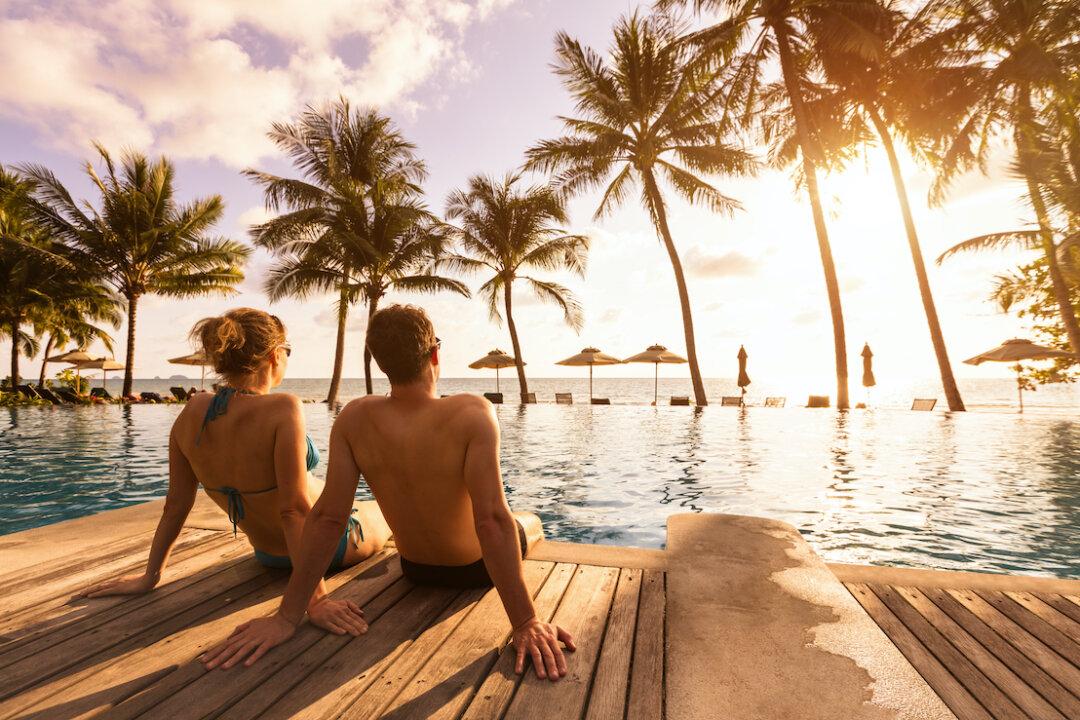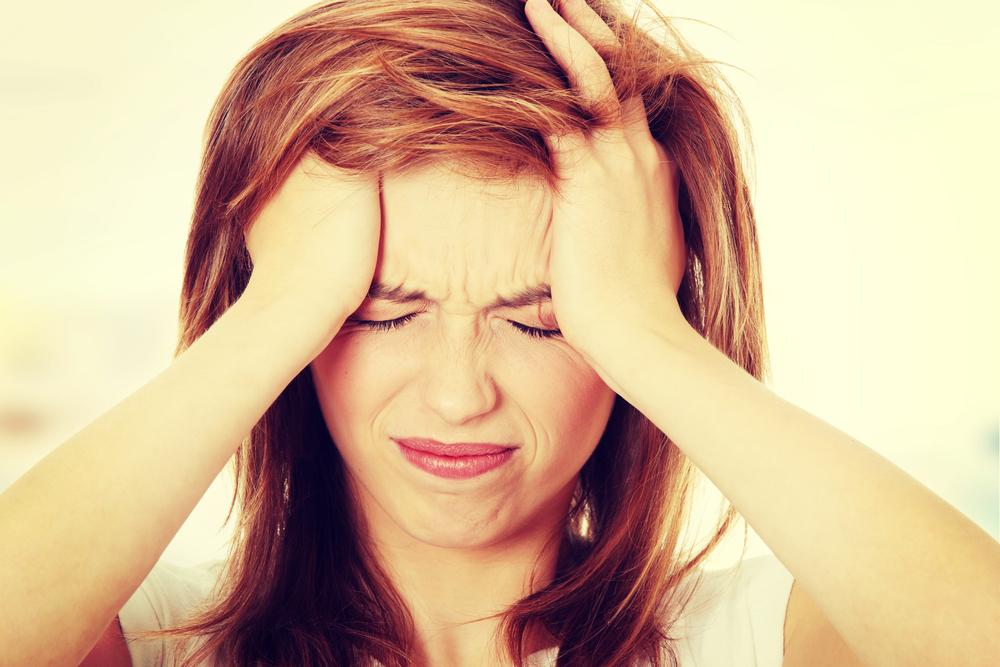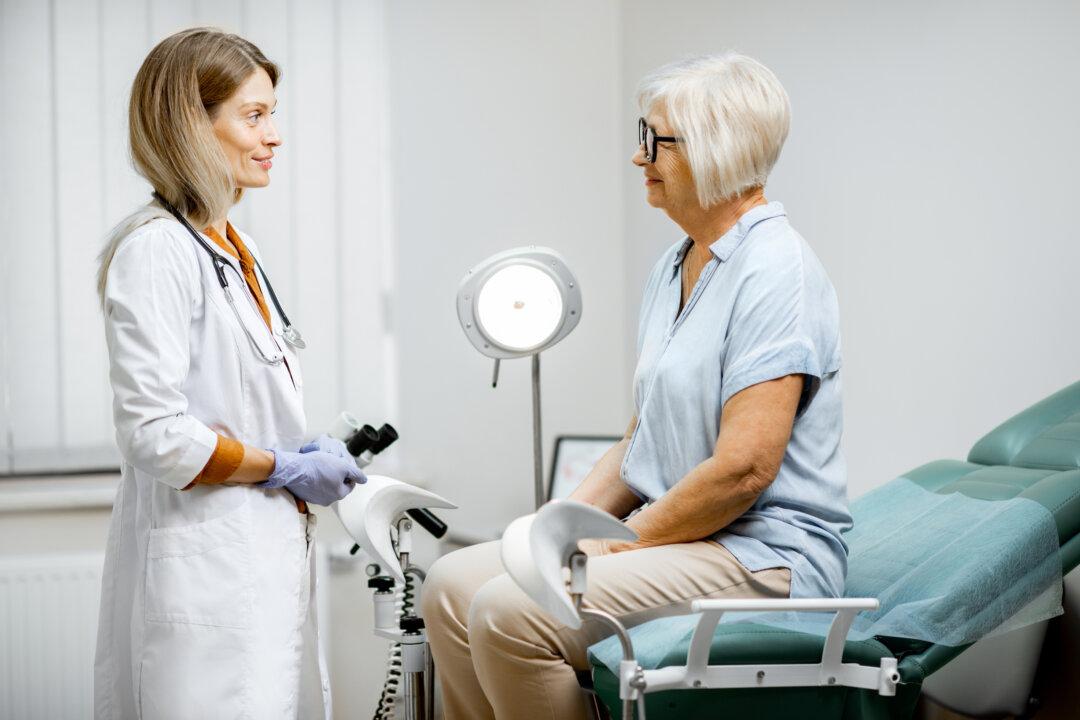C.J. is 52 years old, happily married, has two teenagers, and is a big-time TV executive. It was her annual check-up, and she was in her usual rush to get in and out.
I’ve known C.J. for close to 25 years; she has been in menopause for three years and is on a low dose of hormone replacement therapy. Today, she was in a “mood”: she wanted more estrogen, while complaining about her job, husband, and kids.






